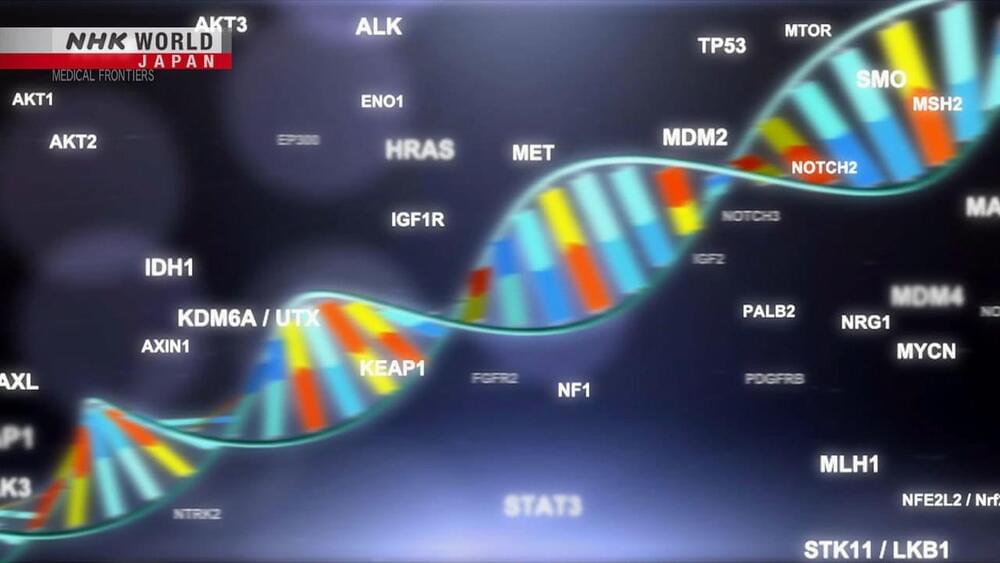Oct 21, 2022
Weird ‘Borg’ DNA May Have Assimilated Microbes For Billions of Years
Posted by Shubham Ghosh Roy in categories: bioengineering, biotech/medical, evolution, genetics
Strange libraries of supplementary genes nicknamed “Borg” DNA appear to supercharge the microbes that possess them, giving them an uncanny ability to metabolize materials in their environment faster than their competitors.
By learning more about the way organisms use these unusual extrachromosomal packets of information, researchers are hoping to find new ways of engineering life to take a big bite out of methane emissions.
In the wake of a study publicized last year (and now published in Nature), researchers have continued to analyze the diversity of sequences methane-munching microbes store in these unusual genetic depositaries in an effort to learn more about the evolution of life.

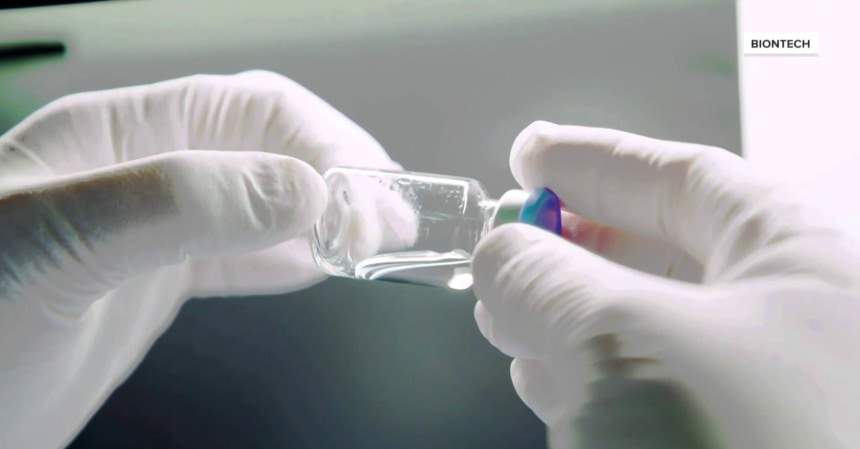

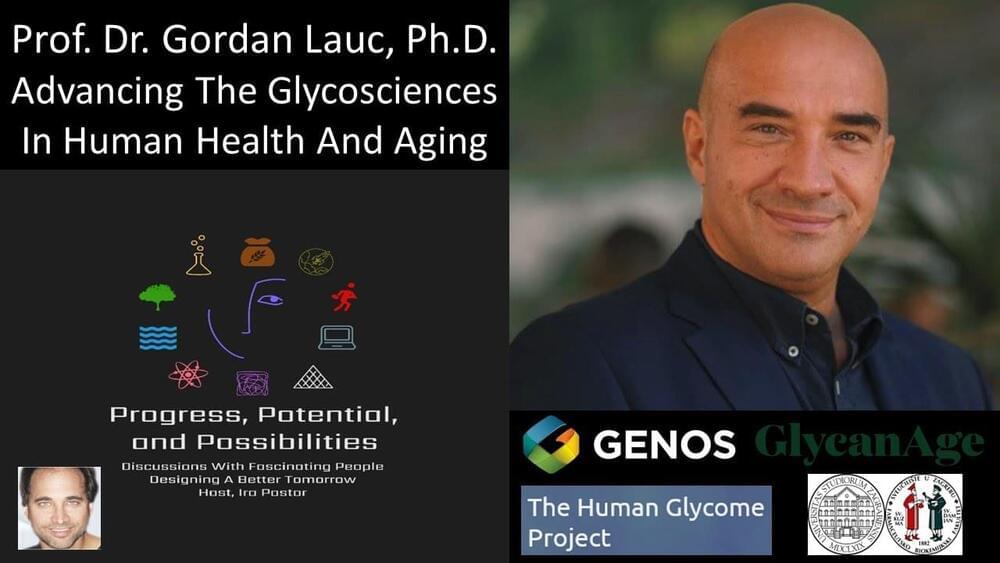
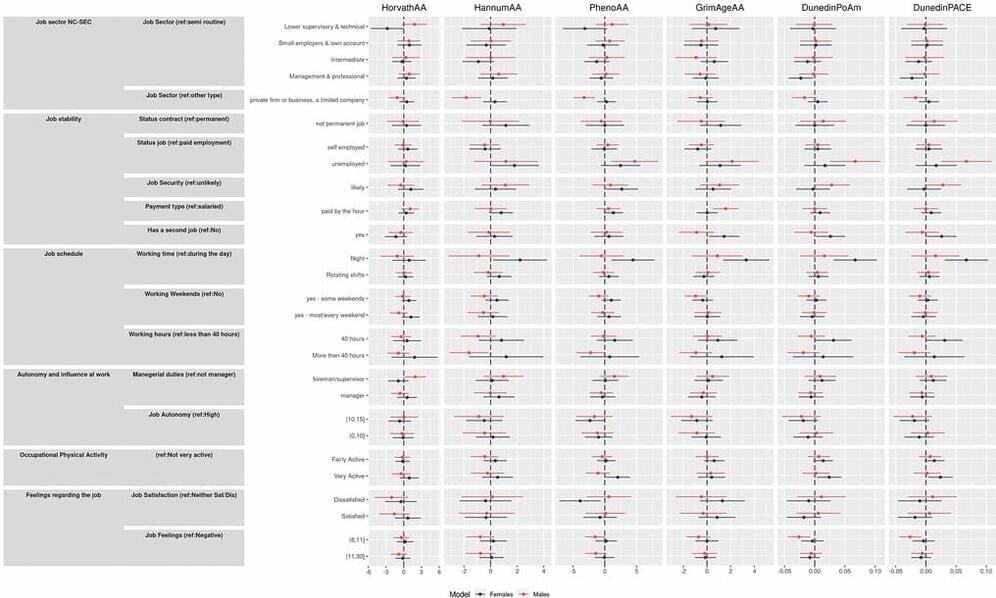
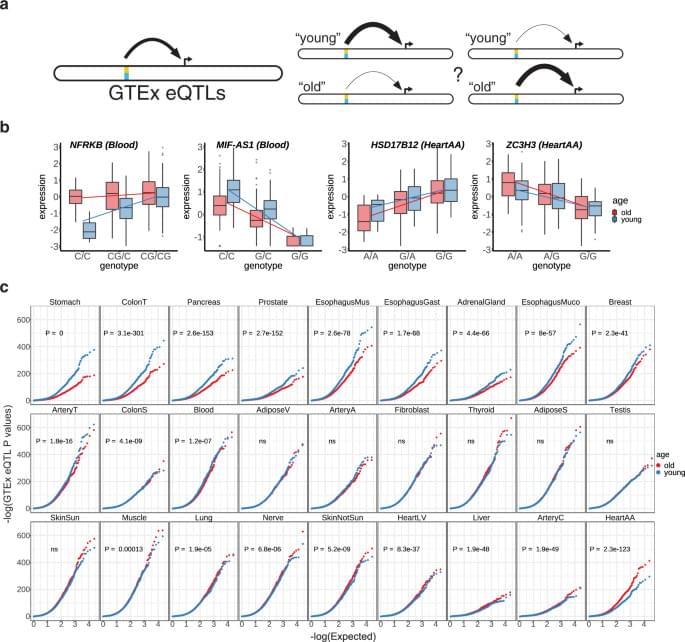

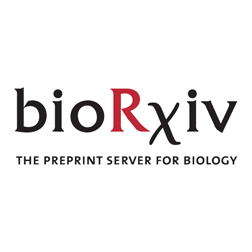 The recently identified, globally predominant SARS-CoV-2 Omicron variant (BA.1) is highly transmissible, even in fully vaccinated individuals, and causes attenuated disease compared with other major viral variants recognized to date
The recently identified, globally predominant SARS-CoV-2 Omicron variant (BA.1) is highly transmissible, even in fully vaccinated individuals, and causes attenuated disease compared with other major viral variants recognized to date
